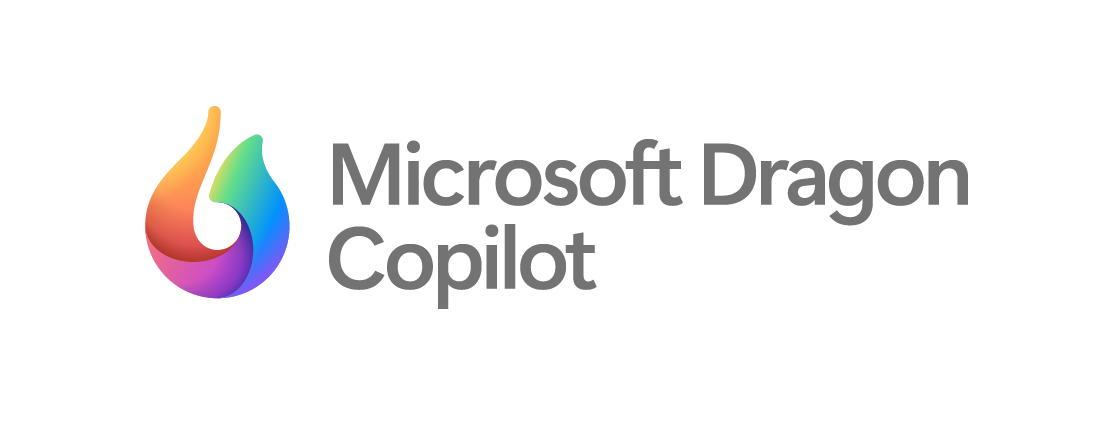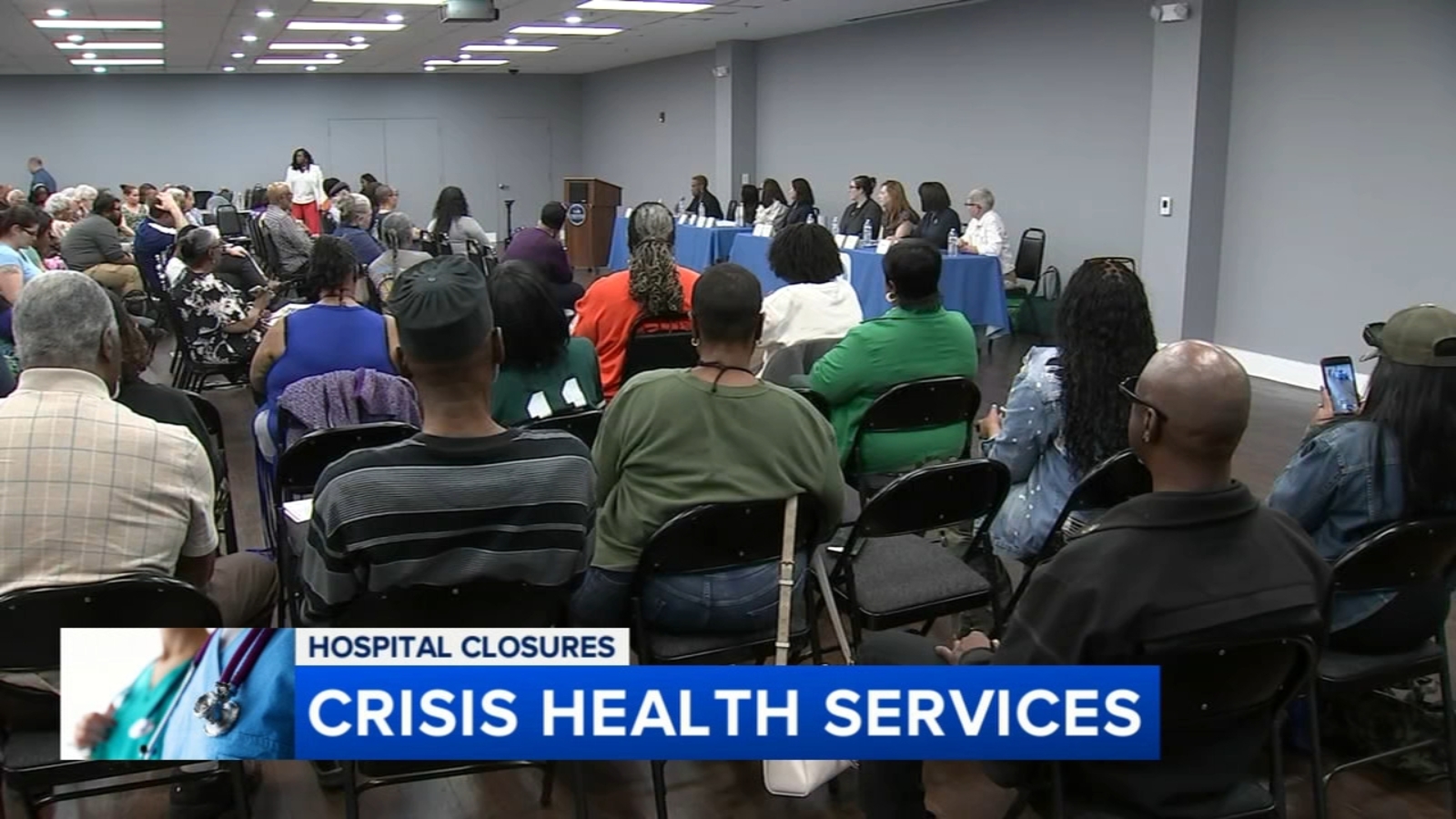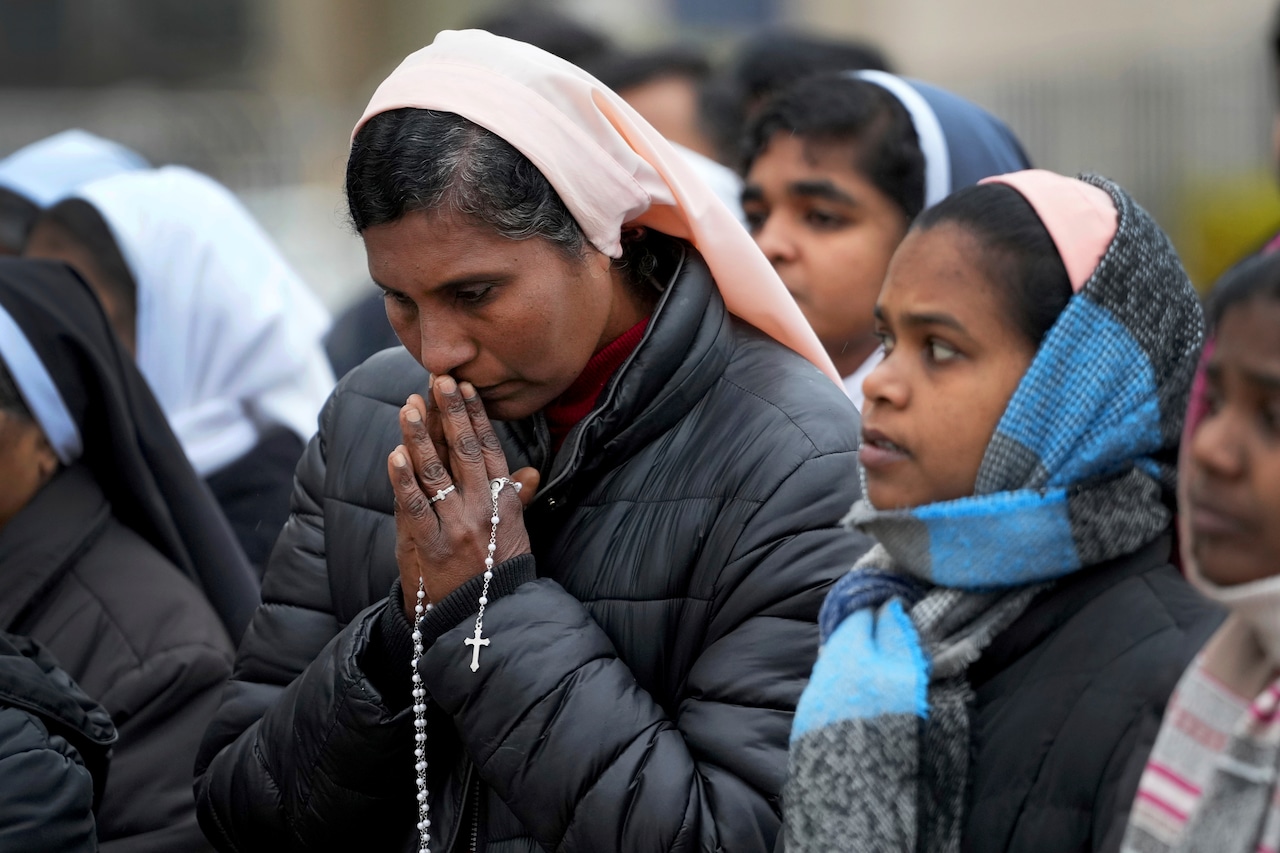Global Health in Peril: Trump's Aid Cuts Cripple WHO's Crisis Response
Health
2025-04-20 15:58:46Content

In a series of controversial moves, President Trump has significantly reshaped America's international humanitarian and health engagement. Since assuming office, he has taken decisive steps that have dramatically altered the landscape of U.S. foreign aid and global health cooperation.
The administration's approach has been marked by aggressive policy changes, including a complete freeze on foreign aid funding that has left many international assistance programs in uncertainty. Simultaneously, the President has initiated plans to dismantle USAID, the United States Agency for International Development, which has long been a cornerstone of American humanitarian efforts worldwide.
Perhaps most notably, Trump announced the United States' intention to withdraw from the World Health Organization (WHO), a decision that sent shockwaves through the international health community. This move has raised serious questions about America's commitment to global health initiatives and collaborative international response mechanisms.
These actions represent a significant departure from previous administrations' approaches to international cooperation and humanitarian assistance, signaling a more isolationist stance in U.S. foreign policy.
Global Aid in Crisis: Trump's Controversial Foreign Policy Reshapes International Humanitarian Landscape
In an unprecedented move that sent shockwaves through diplomatic and humanitarian circles, the Trump administration embarked on a radical transformation of America's international aid strategy, challenging long-established global cooperation frameworks and raising critical questions about the future of humanitarian assistance worldwide.Redefining America's Global Humanitarian Commitment
Dismantling Established Aid Infrastructures
The Trump administration's approach to foreign aid represented a seismic shift in American international engagement. By systematically freezing funding and strategically targeting key humanitarian institutions, the president signaled a dramatic departure from traditional diplomatic practices. The United States Agency for International Development (USAID), a cornerstone of global humanitarian efforts for decades, found itself at the epicenter of these transformative policies. Experts argued that these unprecedented actions would have far-reaching consequences beyond immediate financial implications. The potential disruption of critical support networks could potentially destabilize fragile regions, compromise emergency response capabilities, and fundamentally alter the global humanitarian ecosystem.Strategic Recalibration of International Health Cooperation
The decision to potentially withdraw from the World Health Organization (WHO) represented more than a mere administrative restructuring. It symbolized a profound ideological realignment in how the United States conceptualized its role in global health governance. This move challenged established multilateral frameworks and raised significant questions about international collaborative mechanisms during critical health emergencies. Diplomatic analysts suggested that such unilateral actions could potentially create power vacuums in critical humanitarian domains, potentially allowing alternative global actors to assume leadership roles in international aid and health coordination.Economic and Geopolitical Implications
Beyond immediate humanitarian concerns, these policy shifts carried substantial geopolitical ramifications. By recalibrating foreign aid strategies, the administration was effectively redesigning America's soft power projection mechanisms. The potential reduction in international assistance could fundamentally alter diplomatic relationships, potentially diminishing long-standing strategic partnerships. Economic scholars warned that such dramatic policy transformations might lead to unexpected consequences, potentially reducing American influence in critical regions and creating opportunities for competing global powers to expand their international footprints.Humanitarian Impact and Global Response
The comprehensive restructuring of foreign aid mechanisms triggered immediate and widespread concern within international humanitarian communities. Non-governmental organizations, diplomatic missions, and global health experts expressed profound apprehension about potential disruptions to critical support systems. Developing nations that historically relied on American assistance found themselves navigating unprecedented uncertainty, forced to rapidly reevaluate their strategic planning and potential alternative support mechanisms.Legal and Institutional Challenges
The administration's aggressive approach to foreign aid restructuring inevitably invited complex legal and institutional challenges. Constitutional experts and international law scholars began meticulously examining the potential legal ramifications of these sweeping policy changes. Questions emerged regarding the executive branch's authority to unilaterally reshape long-standing international commitments, setting the stage for potential prolonged legal battles and diplomatic negotiations.Long-Term Strategic Considerations
While immediate reactions focused on the dramatic nature of these policy shifts, nuanced observers recognized the potential for long-term strategic recalibration. The Trump administration's approach suggested a fundamental reevaluation of America's global humanitarian engagement model, challenging decades of established diplomatic practice. This strategic pivot represented more than a simple policy adjustment; it signaled a potentially transformative moment in American foreign policy, with implications that would likely reverberate through diplomatic corridors for years to come.RELATED NEWS
Health

Breaking: Microsoft's Dragon Copilot Revolutionizes Healthcare with AI-Powered Voice Assistant
2025-03-03 15:00:31
Health

Crozer Health Closure Sparks Panic: Delaware County Leaders Scramble to Calm Community Fears
2025-04-25 04:24:00






